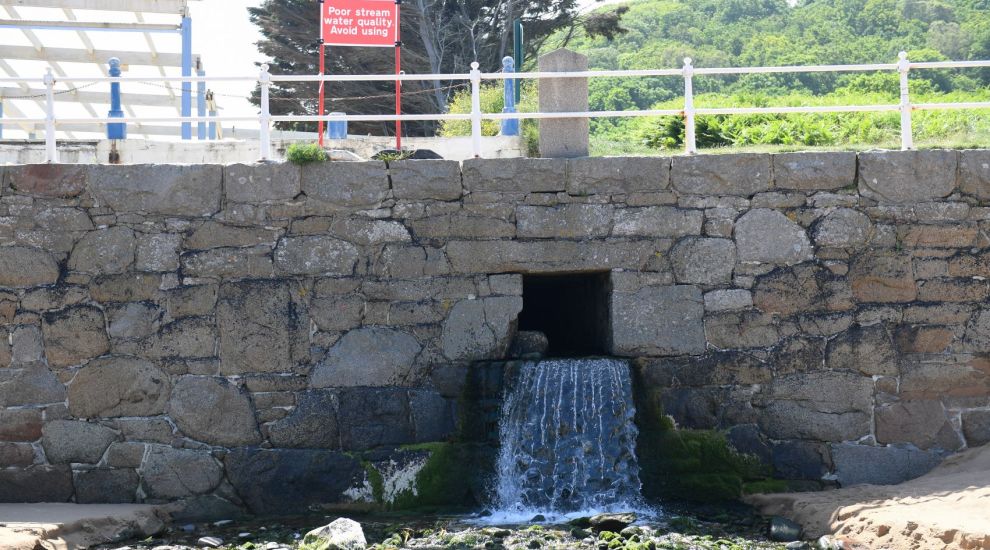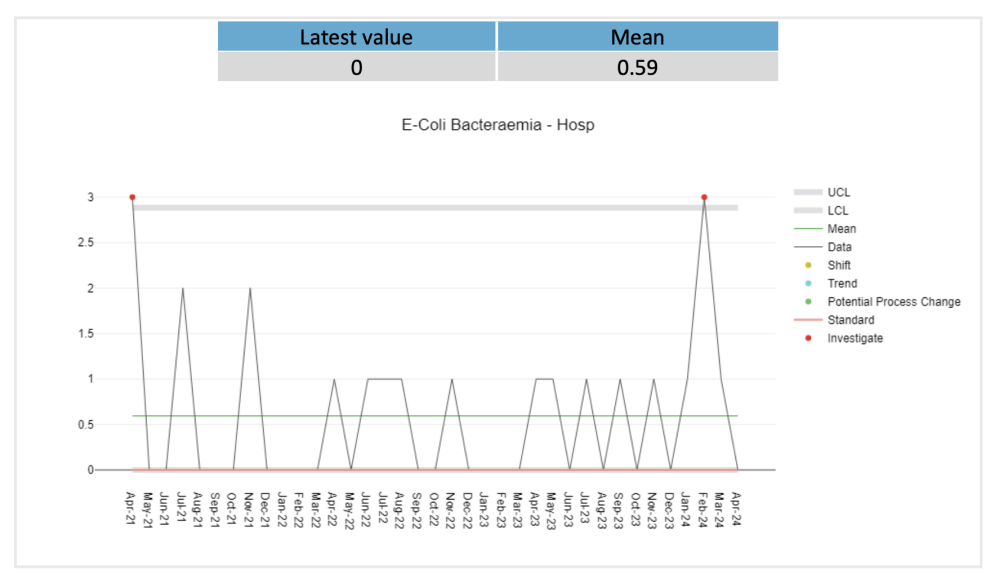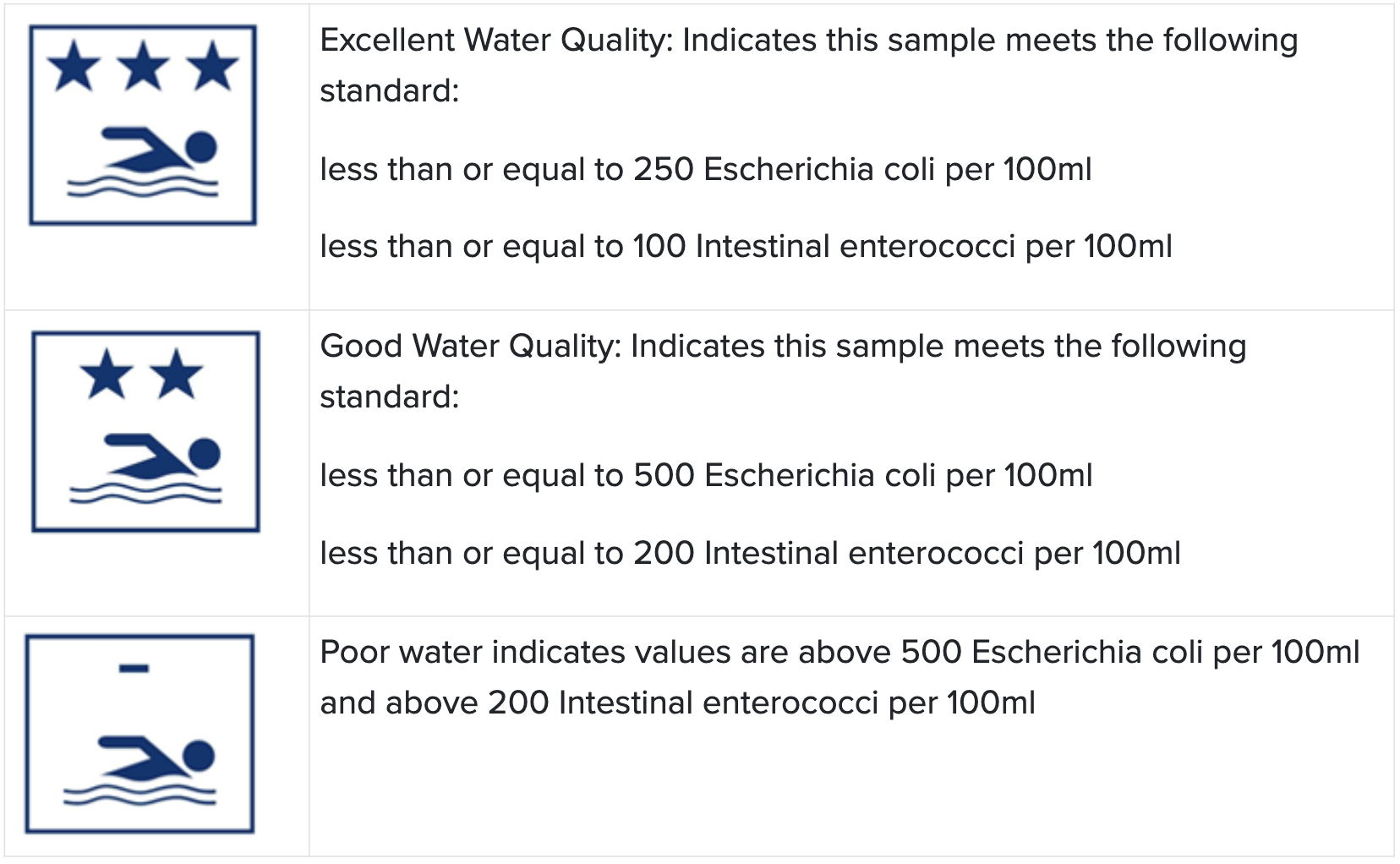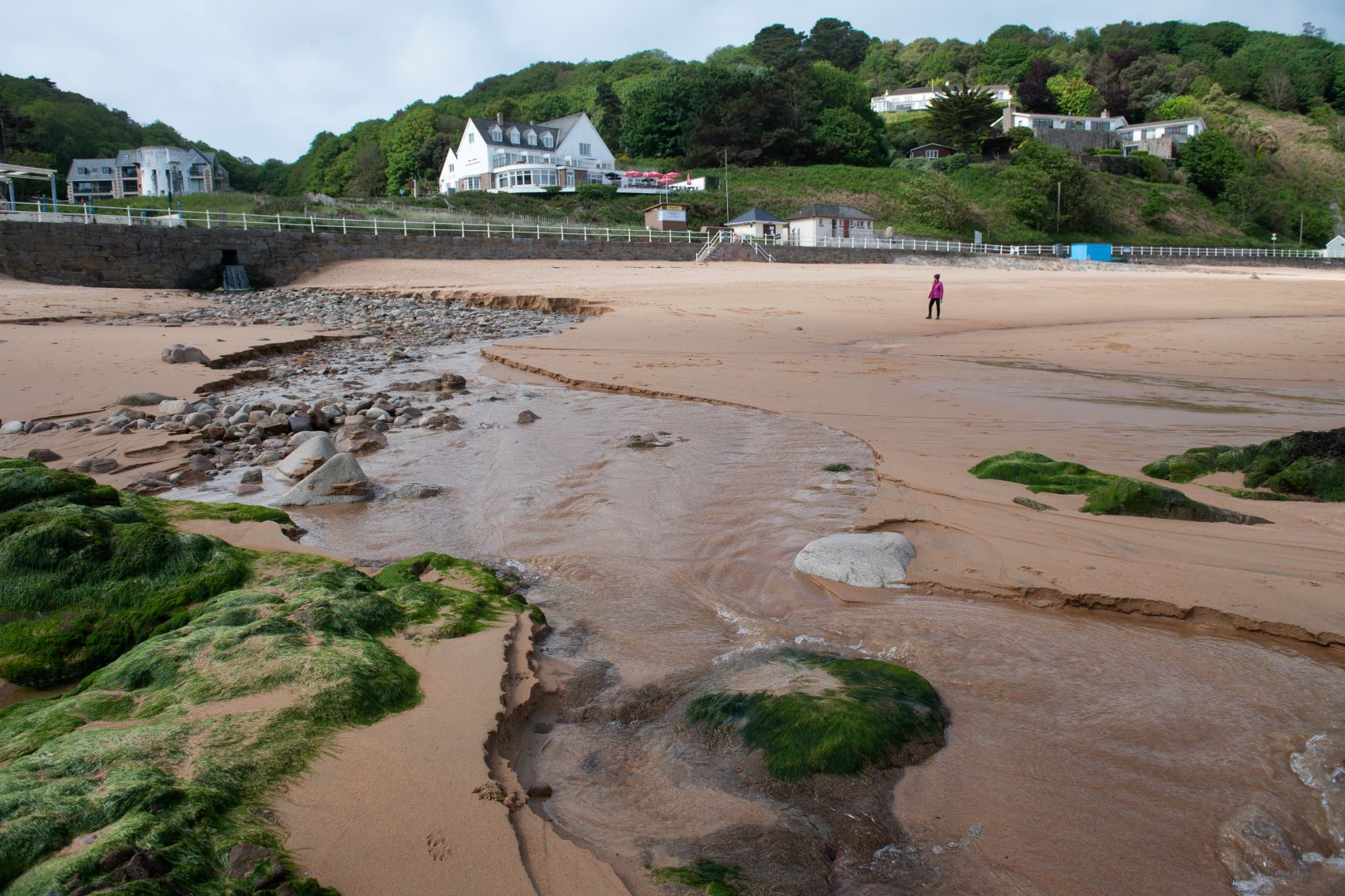


There has been a recent spike in E.coli cases in hospital – but none linked to the pollution incident at Grève de Lecq have been reported, according to the Environment Minister.
A report presented at the most recent Health Advisory Board meeting revealed that there was a spike of E.coli cases in February, with three people hospitalised.
However, the number fell again in April and the figures for May are yet to made available.

Pictured: There was a spike in the number of people hospitalised with an E.coli infection in February.
A sample taken at Grève de Lecq in the middle of last month showed a reading of 3,300 parts E.coli per 100ml of sea water. This was over six times higher than the E.coli threshold for "poor" water – which is indicated by a value of 500 cfu/100ml.
Official warnings were issued for islanders to avoid swimming in the area, while anyone who had done so – and felt unwell or had health concerns – were urged to speak to their doctor.
The high levels of E.coli in the south coast bay were discovered in the first routine test carried out by the Government between May and September each year as part of regular monitoring of 16 bays around Jersey.
This prompted calls for more regular testing of Jersey's sea water quality as islanders raised concerns about how long the E.coli had been in the area undetected.

Pictured: Poor water is indicated by a value of 500 E. coli (Escherichia coli) per 100ml, and there was a reading of 3300 E. coli per 100ml at Grève de Lecq last month.
The suspected cause of the incident at Grève de Lecq – a "partial blockage" on an incoming sewer to one of the pumping stations – was later revealed by Infrastructure Minister Andy Jehan.
The levels have since returned to an "excellent" rating and the Public Health team is no longer recommending islanders avoid swimming in the area.
Deputy Steve Luce said this week that an ongoing inquiry into the incident would also consider anecdotal reports and "review all of the evidence".
During this week's sitting of the States Assembly, Deputy Lucy Stephenson asked how many people and animals were tested for potential E. coli infections after entering the water in and around Grève de Lecq, after the poor water quality levels were detected.
Deputy Luce answered: "I am not aware of any islanders that were tested but I can confirm that no cases of water-born illnesses in humans have been reported since 1 May in association with waters in and around Grève de Lecq."

Pictured: The seawater quality at Grève de Lecq has returned to “excellent” quality.
Deputy Luce continued: "In accordance with the Loi (1934) sur la Santé Publique E.coli, infection would be potentially notifiable depending on the clinical presentation and associated patient history.
"In regard to animals, in Jersey E.coli is not a notifiable disease or reportable pathogen in animals.
"It is important to note that E.coli can live in the digestive tracts of livestock without causing them ill-health and may be shed in their faeces."

Pictured: Environment Minister Steve Luce said that there had been no reports of cases of water-born illness linked to the Grève de Lecq pollution incident.
Deputy Luce added: "The carriage of many harmful bacteria such as E.coli, Campylobacter and Salmonella by herds or flocks cannot be visibly detected by farmers or vets.
"The animal health and welfare team have therefore not tested any animals, livestock or pets for E.coli.
"We have not had any reports or concerns from private vets who attend to and treat livestock in Jersey and certainly no reports of a large number of unwell or dead livestock."
Deputy Stephenson asked if Deputy Luce if he was aware of anecdotal cases of islanders who fell ill after swimming in the sea prior to the testing, and whether social media reports of sick animals would be investigated.
Deputy Luce said: "I am not aware of any of those reports myself but I am sure that the inquiry which is being conducted at the moment will certainly review all of that evidence and take it into account when it comes to its findings."
Meanwhile, UK authorities are on the hunt for a mystery “nationally distributed” food item they believe has triggered an outbreak of E.coli across the nation.
So far the surge in cases has left 113 people ill and hospitalised at least 37. One person in the UK has also recently died from an E.coli infection.
Rise in sea swimmers prompts review of sea water quality monitoring
Comments
Comments on this story express the views of the commentator only, not Bailiwick Publishing. We are unable to guarantee the accuracy of any of those comments.